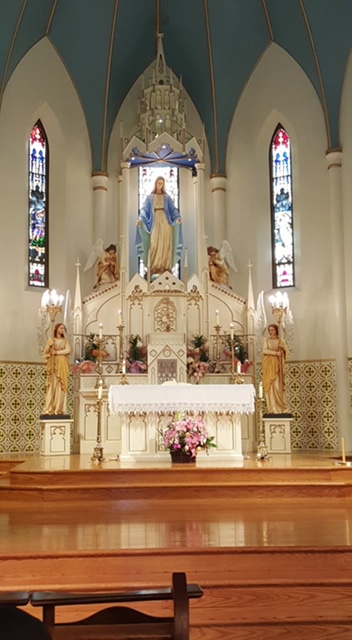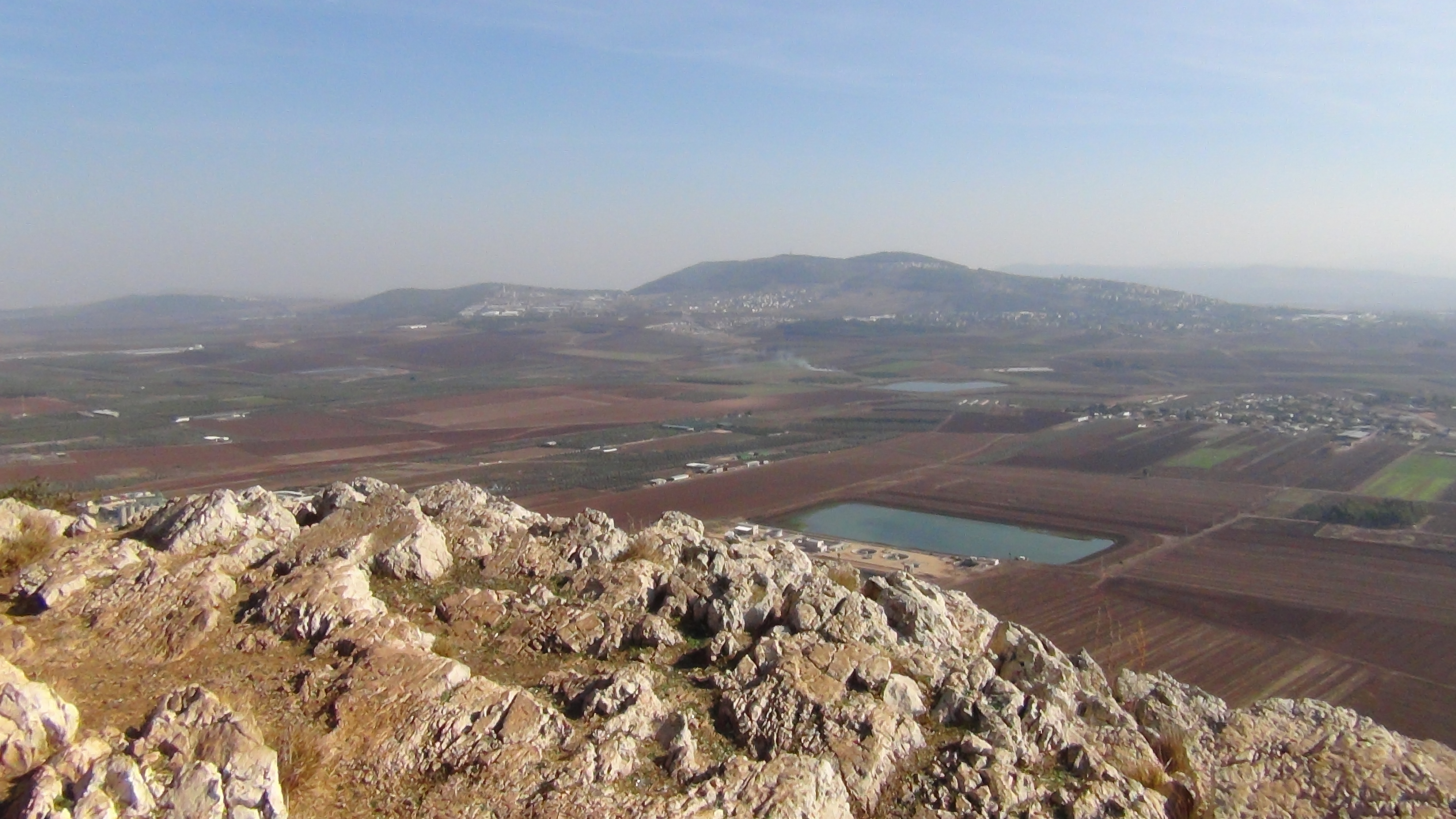Jer. 20:7-9; Ps. 63:2-6, 8-9; Rom.1-2; Mt. 16:21-27
To deny himself the “call” or his humanity, that is the question. “You duped me, O LORD, and I let myself be duped” in order to “know what is the hope that belongs to our call.” Jerimiah’s interior crisis is a sign of Jesus’ coming as he becomes the object of laughter, mocking, violence and outrage but Jerimiah tries to deny himself and cannot just as Jesus cannot deny the Lord for he would be denying himself his divinity, the “call” for which he came to fulfill and so Jesus lets himself be “duped” as a lamb for slaughter to fulfill his divinity, his “call”.
In the gospel, Jesus rebukes Peter for appealing to his own humanity and the humanity of Jesus. “God forbid, Lord! No such thing shall ever happen to you.” Jesus immediately recognizes this seduction from Peter calling out “Get behind me Satan! Whoever wishes to come after me must deny himself, take up his cross, and follow me” If we wish to come after Jesus in search of him then the first obstacle is our humanity, the interior crisis of our comfort opposed to the cross of self-denial, sacrifice, and following Jesus in responding to the divine call. Jesus comes to renew our fallen nature not to succumb to it.
Our thoughts carry a fallen nature for pleasure, profit, power, and prestige. We seek pleasure and avoid pain yet sacrifice for the good is worthy of pain as an offering to the “call”. We seek the security of profit beyond our needs yet in gaining “the whole world” we forfeit life itself in a premature death to our call. We seek power for a false sense of control what we claim as our entitlement only to see death quickly steal away our entitlement in exchange for life. We seek prestige as a place of honor at the table of our accomplishments yet if “getting to the top” only leaves us looking back at the brokenness of our past have we lost our place at the table of the Lord? This is the internal crisis we face to deny our very self is to gain ourselves the glory of God.
“Then the Son of Man will come…and then he will repay all according to his conduct.” He does not promise a reward according to our faith alone but to our conduct which is the true sign of responding in faith to our calling. What have we gained? We satisfy the thirst of our soul seeking to break the chains of our humanity and set us free to be in the presence of the Lord in his divinity. The “coming” is both now and forever. Now he comes to the aid of our transformation beginning with “the renewal of your mind, that you may discern what is the will of God, what is good and pleasing and perfect.” This is “the hope that belongs to our call” both now and forever to be in the presence of the Lord.
The “call” is responding in the moment to the will of God in order to remain in communion that is in relationship with him discerning truth, beauty, goodness, and unity in perfect love. To be in perfect love or not to be, that is the choice and the call of the cross. In this moment what does thy will declare of us?











Recent Comments